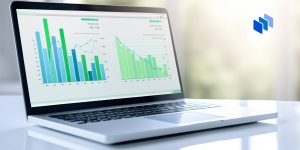What Does Contextual Data Mean?
Contextual data is data that gives context to a person, entity or event. It is commonly used by universities in order to determine academic potential of applicants as well as business organizations for market research and prediction. Contextual data is taken from various sources and may include family and socioeconomic background, educational history, health background, general environment and many other factors.
In the case of universities and recruitment, It is simply used to know more about the candidate and predict aptitude and future based on it. This goes the same for market analysis; contextual data can be used to predict sales taking into account factors such as geography, season, specific date and even the weather.
Techopedia Explains Contextual Data
Contextual data is used to provide more information and context about pieces of data in order to better analyze them. This is commonly used by academic institutions in order to find the finest candidates with the highest chances of succeeding in their academic endeavors, regardless of their ethic or socioeconomic background.
Contextual data is also in major use in marketing and business since it yields highly accurate predictions because it takes into account many sources. For example, using weather in context, it is theorized that an ice cream parlor should sell more ice cream during the summer because of the heat, but then this is found to not be true. Adding more contextual data to the prediction, such as geographical location, the ice cream parlor is located in an area with major universities around it, and it turns out that it actually loses customers during the summer because its major customer base is off from school for the summer.





